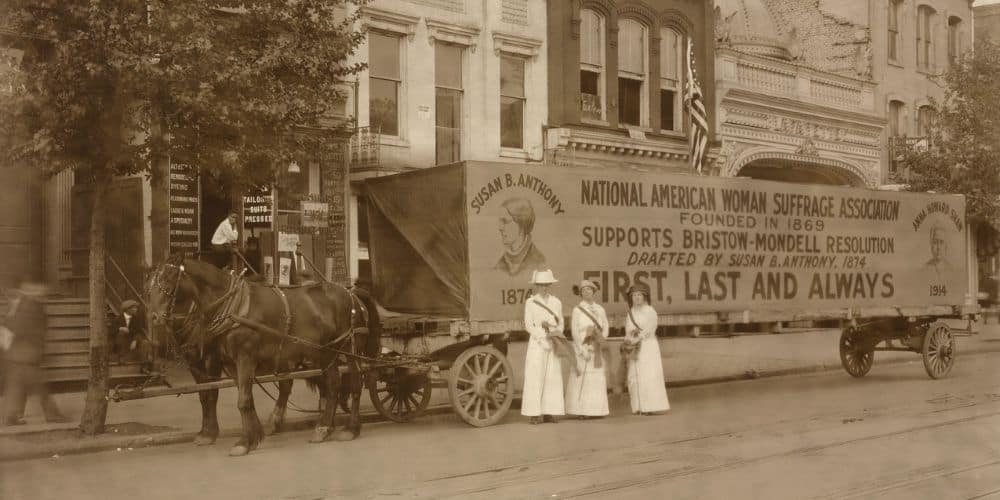
Rochester, New York, is a city steeped in history, and at the forefront of that history stands Susan B. Anthony, a pioneering figure in the fight for women's suffrage and equal rights.
Born in 1820, Anthony's life unfolded against the backdrop of a nation grappling with issues of slavery and women's rights. She witnessed firsthand the injustices faced by women, denied the right to vote, own property, or even control their own earnings. This ignited a fire within her, a determination to fight for a more just and equitable society.
Anthony's activism began with the abolitionist movement. She joined the fight against slavery, recognizing the inherent link between the oppression of African Americans and the subjugation of women. Her fiery spirit and exceptional organizational skills made her a powerful voice in the movement.
Following the abolition of slavery in 1865, Anthony, alongside her close friend Elizabeth Cady Stanton, turned their full focus to women's suffrage. Together, they co-founded the National Woman Suffrage Association (NWSA), a platform dedicated to securing voting rights for women.
Their journey was fraught with resistance. Social norms dictated that women remain in the domestic sphere, and the idea of female voters was met with derision and ridicule. Yet, Anthony refused to be silenced.
In a now-famous act of defiance, Anthony cast a vote in the 1872 presidential election, an act considered illegal at the time. She was subsequently arrested and fined, but her bold act brought national attention to the suffrage movement.
While securing voting rights was a central pillar of Anthony's activism, her fight for equality extended far beyond the ballot box. She advocated for educational opportunities for women, their right to own property and receive fair wages, and an end to discriminatory laws regarding marriage and divorce.
Anthony understood that true equality wouldn't be achieved solely through political participation. She believed women deserved equal rights across all aspects of life, social and economic as well as political.
Susan B. Anthony's life was a testament to unwavering dedication and relentless pursuit of justice. Though she didn't live to see women gain the right to vote (the 19th Amendment was ratified in 1920, 14 years after her death), her legacy is undeniable.
Rochester proudly claims Susan B. Anthony as its own. Her historic home on Madison Street is now a museum, offering visitors a glimpse into her life and work. The Susan B. Anthony Memorial Park stands as a permanent reminder of her fight for equality.
Susan B. Anthony's influence extends far beyond Rochester. She is a national icon, a symbol of courage and perseverance in the face of adversity. Her fight for women's suffrage paved the way for generations of women to participate in the democratic process and have their voices heard.
While Anthony's primary goal of women's suffrage has been achieved, the fight for equality continues. Issues like pay equity, reproductive rights, and representation in government remain pressing concerns.
Susan B. Anthony's story serves as an inspiration to all who believe in fighting for a more just and equitable world. Her unwavering determination and relentless pursuit of equality continue to resonate today.
Take some time to explore the rich legacy of Susan B. Anthony. Visit her home turned museum, explore the exhibits at the Susan B. Anthony Memorial Park, and let her story ignite your own passion for making a difference.
Remember, the fight for equality is a continuous journey, and Susan B. Anthony's spirit of defiance serves as a powerful guidepost on that path. Let her courage inspire you to raise your voice and advocate for a more just world, for yourself and for all.